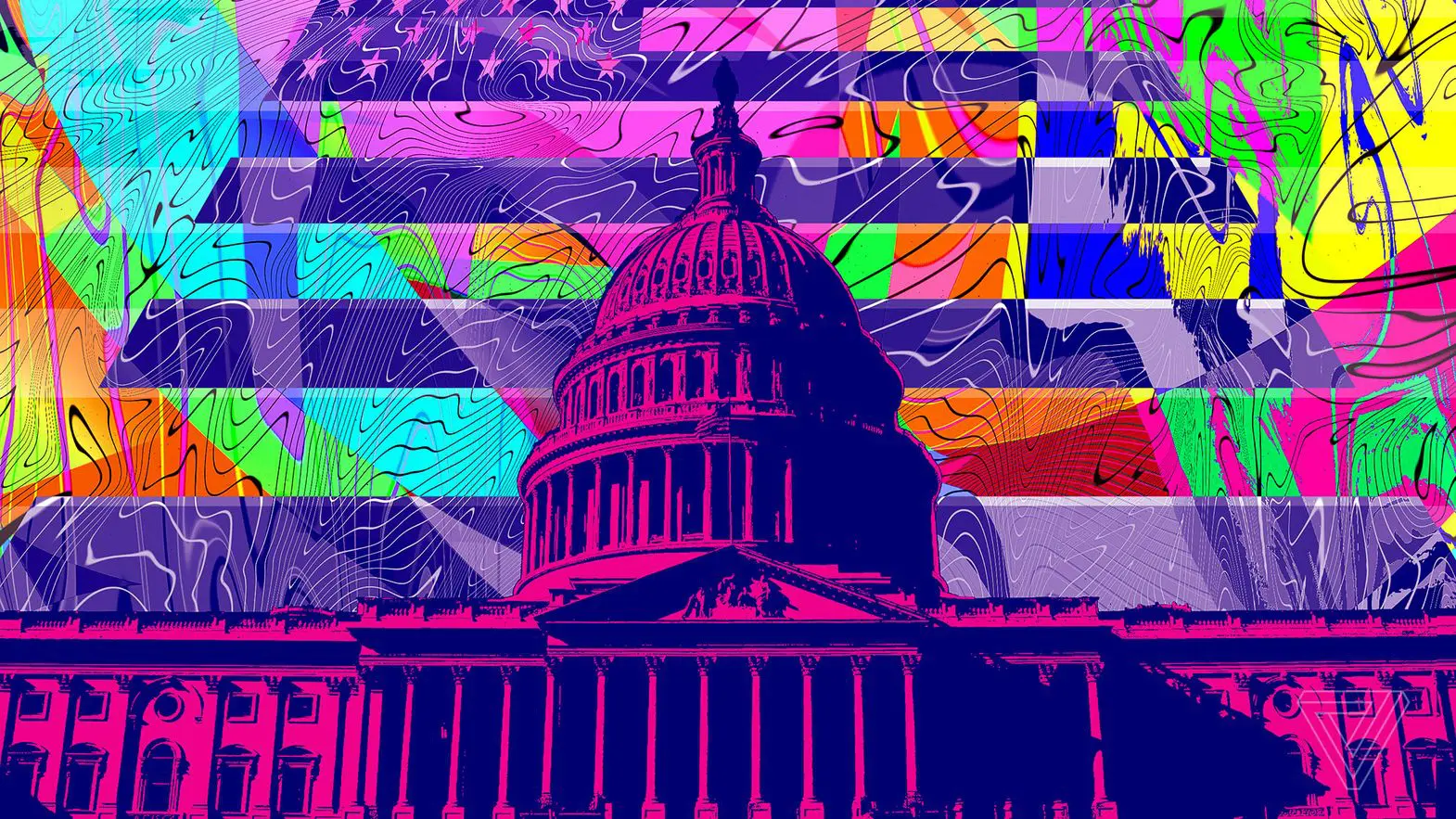California Moves Forward with Psychedelics Legalization Bill
LOS ANGELES – A legislative proposal to legalize the possession and supervised use of specific psychedelics in California has advanced another step toward a final committee vote in the Assembly, positioning it closer to potentially reaching the governor’s desk.
Senator Scott Wiener’s measure was moved on Wednesday by the Assembly Appropriations Committee to its suspense file, a legislative step setting it up for decisive action. The sponsor expects this move in a subsequent committee session around September 1.
Despite earlier concerns from Wiener regarding the bill’s journey through the Assembly, it has already passed two committees. If the full chamber approves it, the legislation would return to the Senate for agreement on certain revisions before potentially proceeding to the governor.
In earlier discussions, the bill was modified to postpone the enactment of the communal use of psychedelics. The delay would last until a comprehensive structure for therapeutic use – which would encompass community-based healing and risk reduction, among other services – is established and adopted.
Furthermore, the bill mandates the California Health and Human Services Agency (CHHSA) to form a group dedicated to studying and proposing a regulated framework for therapeutic psychedelic use in supervised settings. A report from this workgroup, complete with findings and recommendations, is anticipated by January 1, 2025.
The current bill, labeled SB 58, proposes the legalization of specific quantities of psychedelics such as psilocybin, psilocyn, DMT, ibogaine, and mescaline for either personal or supervised use. However, it excludes synthetic psychedelics like LSD and MDMA.
In addition to legalizing personal possession, the bill emphasizes “community-based healing” using these substances. An amendment from June eliminated references to group counseling but introduced a series of technical changes to streamline the bill.
Significantly, this legislation would also terminate the state law forbidding “spores or mycelium capable of producing mushrooms containing psilocybin or psilocyn.” Furthermore, the prohibition on drug paraphernalia related to the listed substances would be annulled.
However, this bill departs from last year’s version in two main aspects: it excludes synthetic psychedelics and omits a mandate for a study exploring further reforms.
Currently, it remains uncertain whether Governor Gavin Newsom would endorse the legislation if it successfully navigates the Assembly. Meanwhile, advocates remain hopeful about the prospects of the bill, especially given the increasing momentum for psychedelics reform across the U.S.
Separately, recent moves in California signal a push toward psychedelics research and potential federal legalization, with campaigns proposing initiatives for the state’s 2024 ballot, emphasizing the funding and promotion of such studies.


































